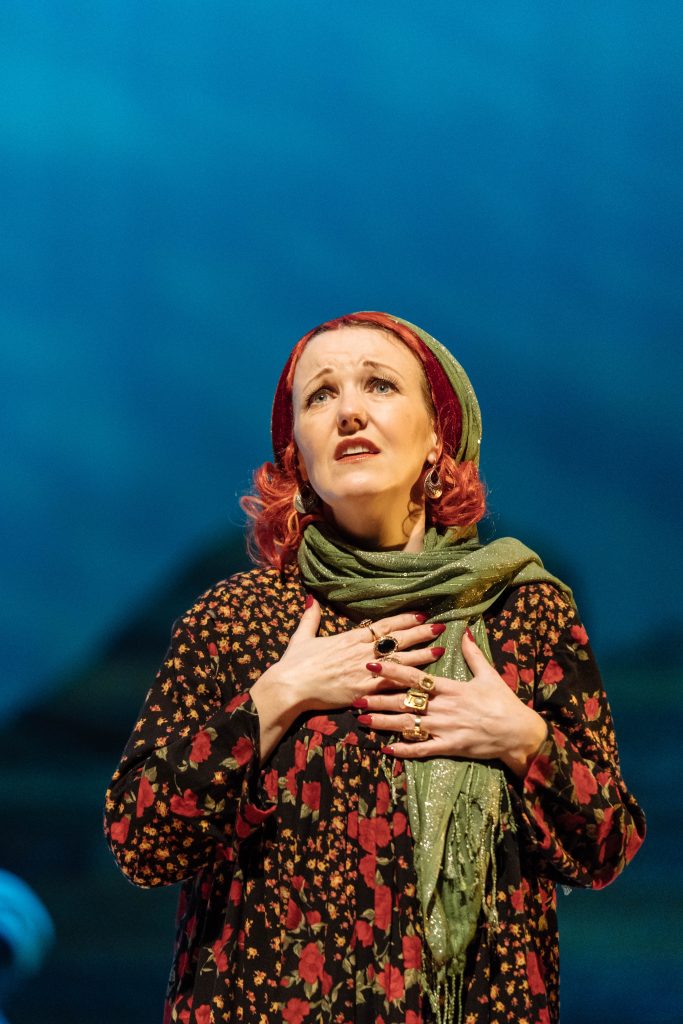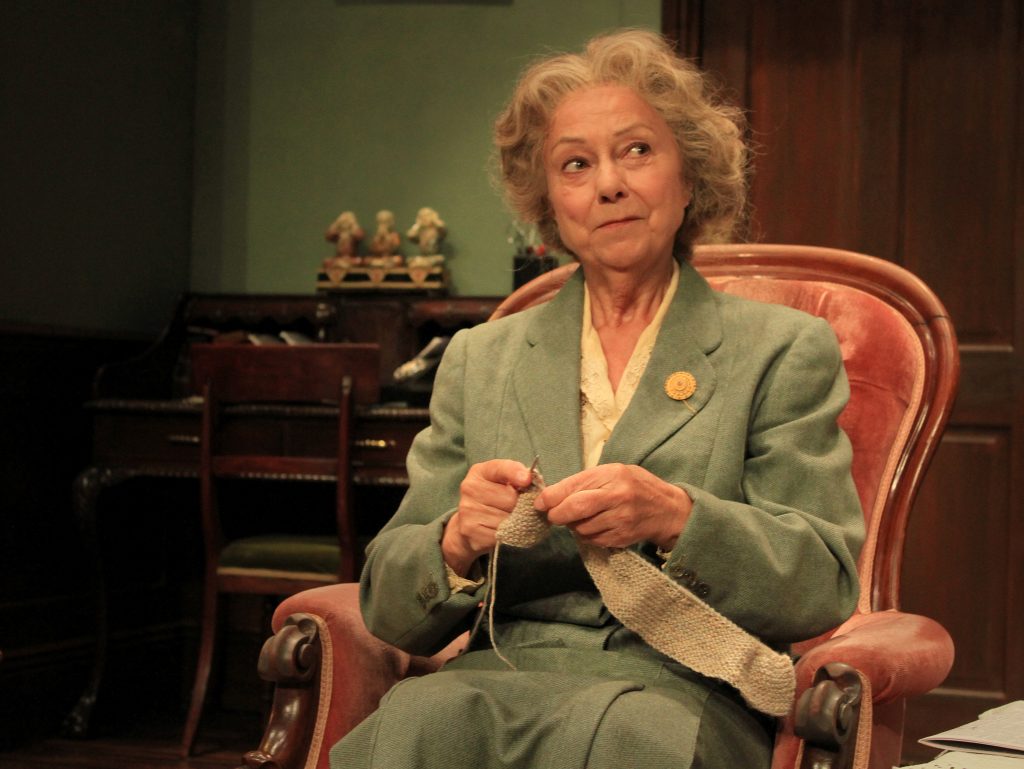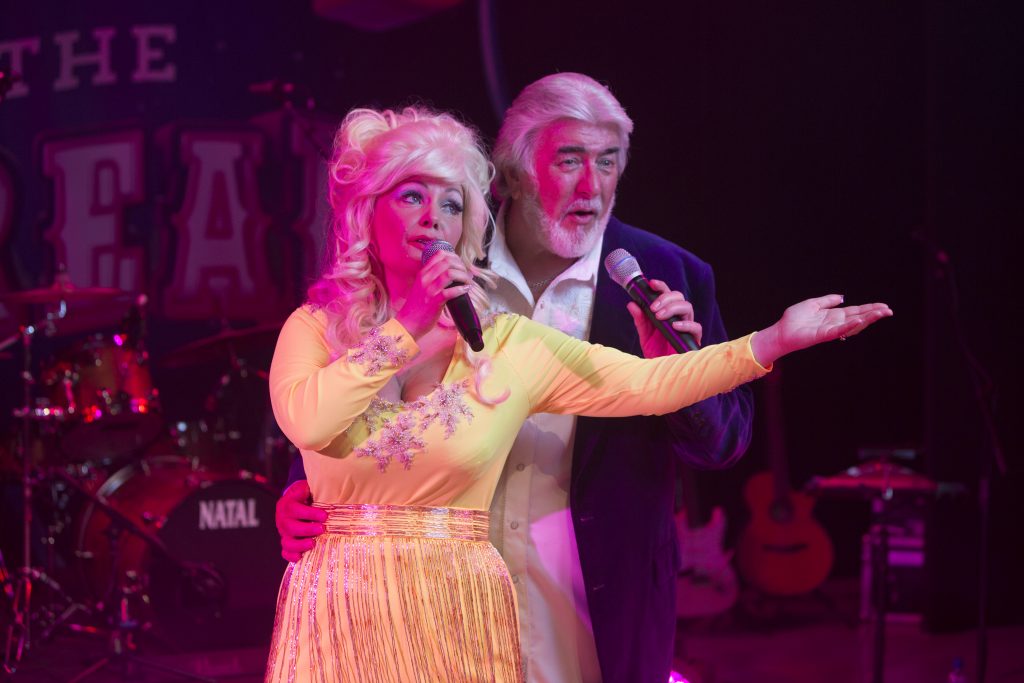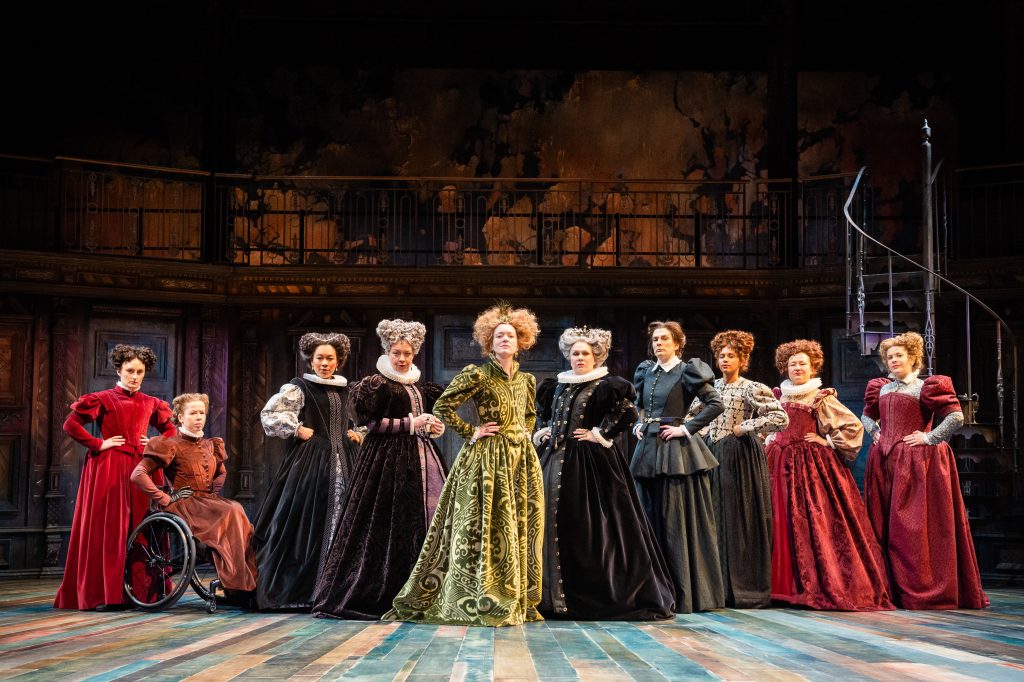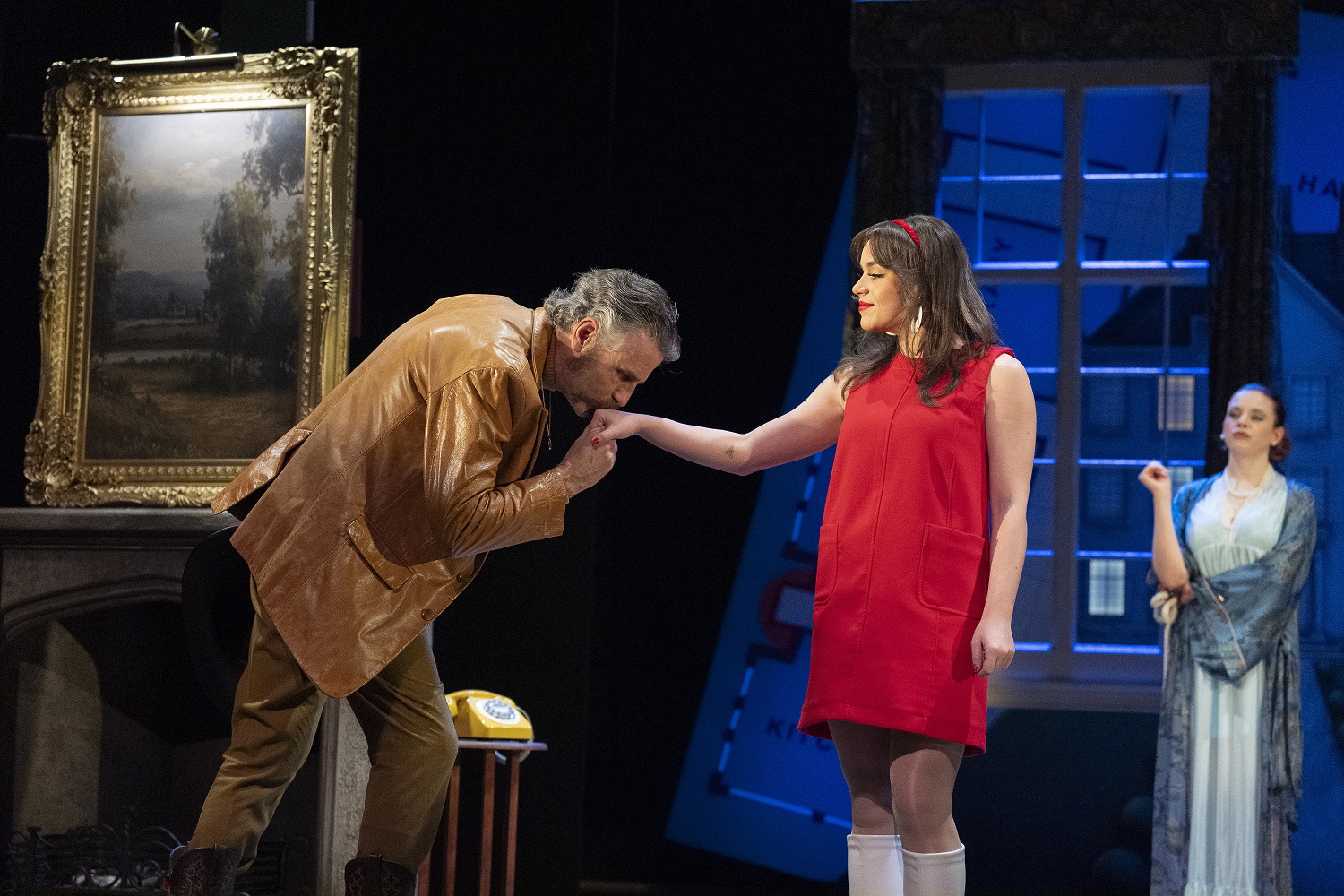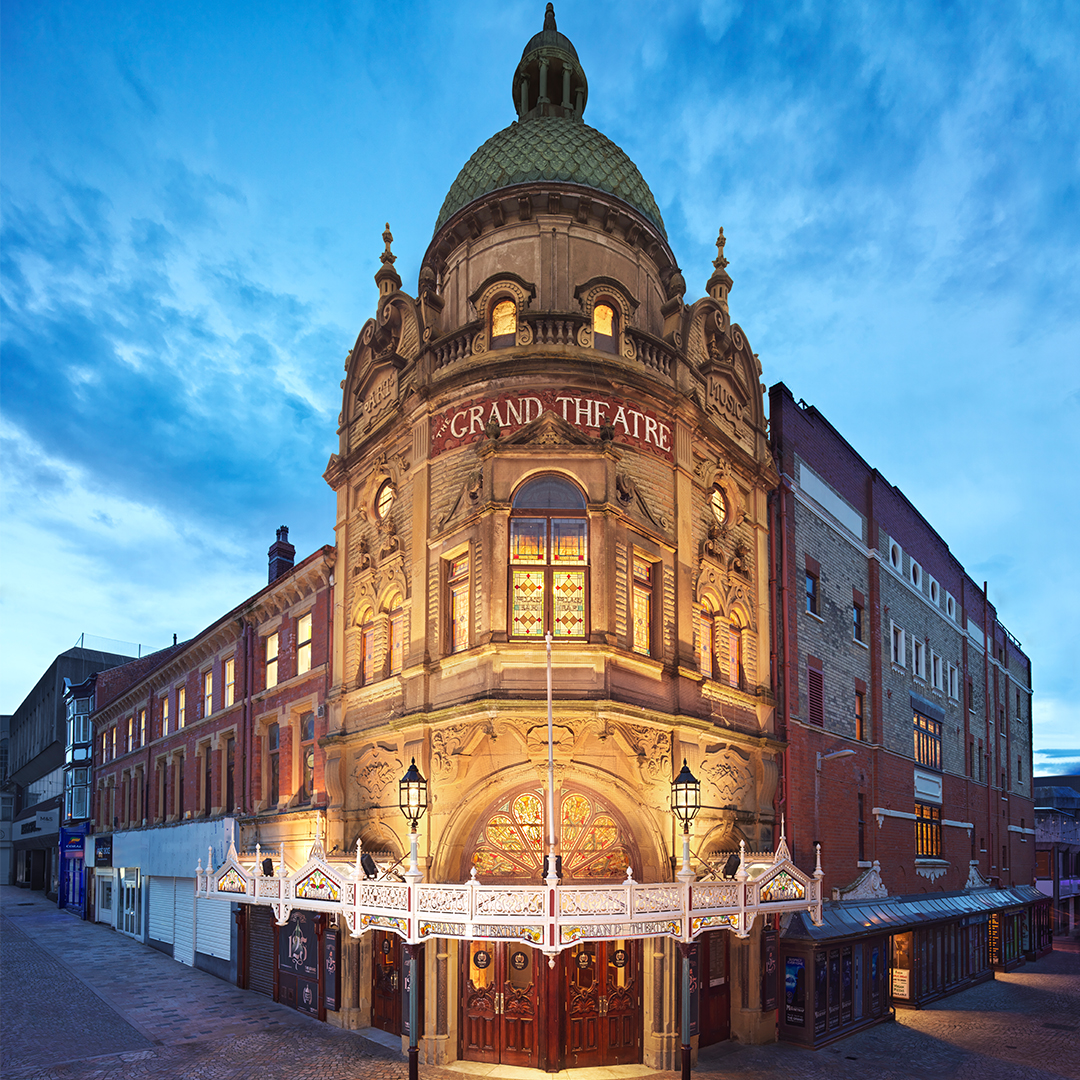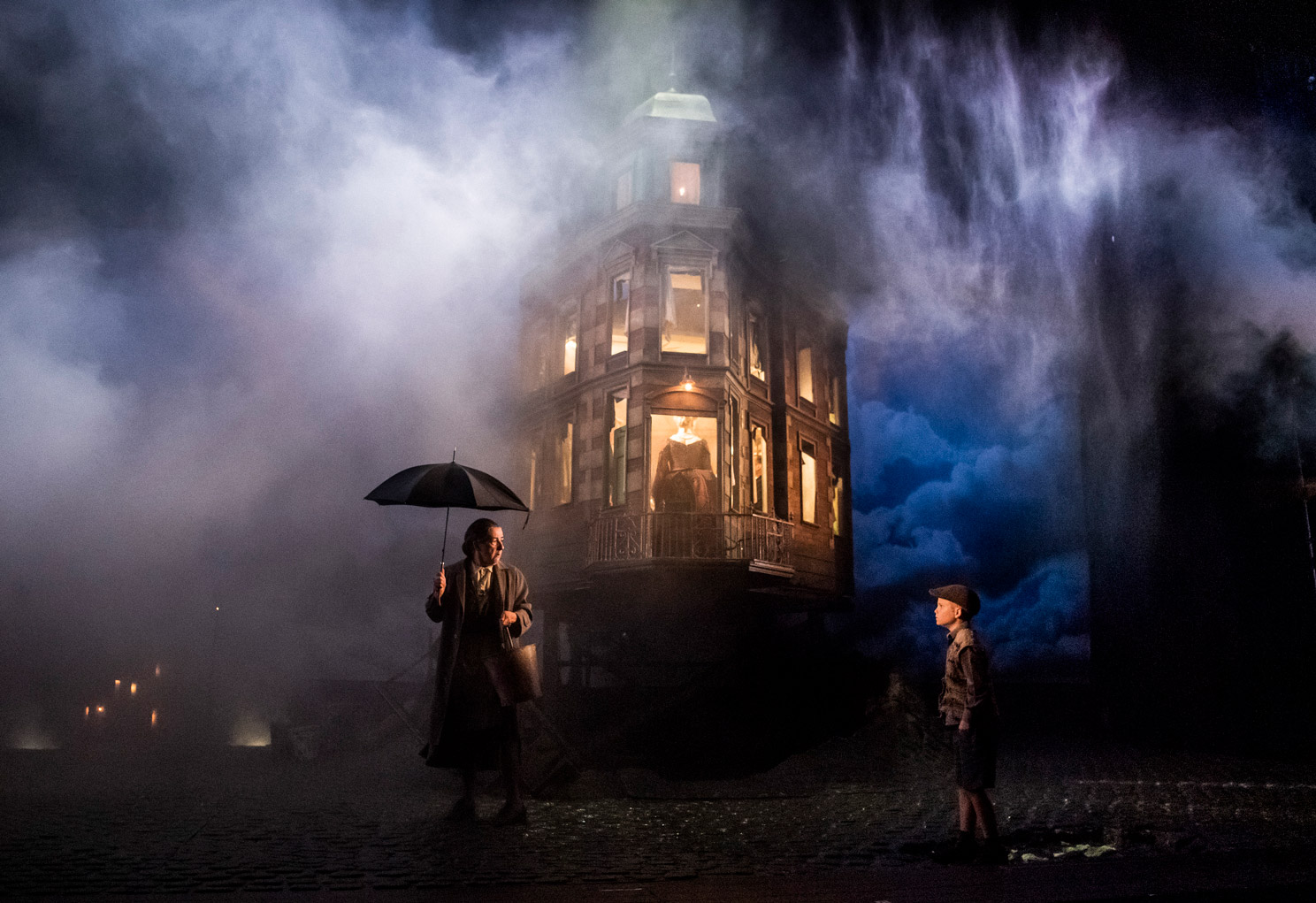
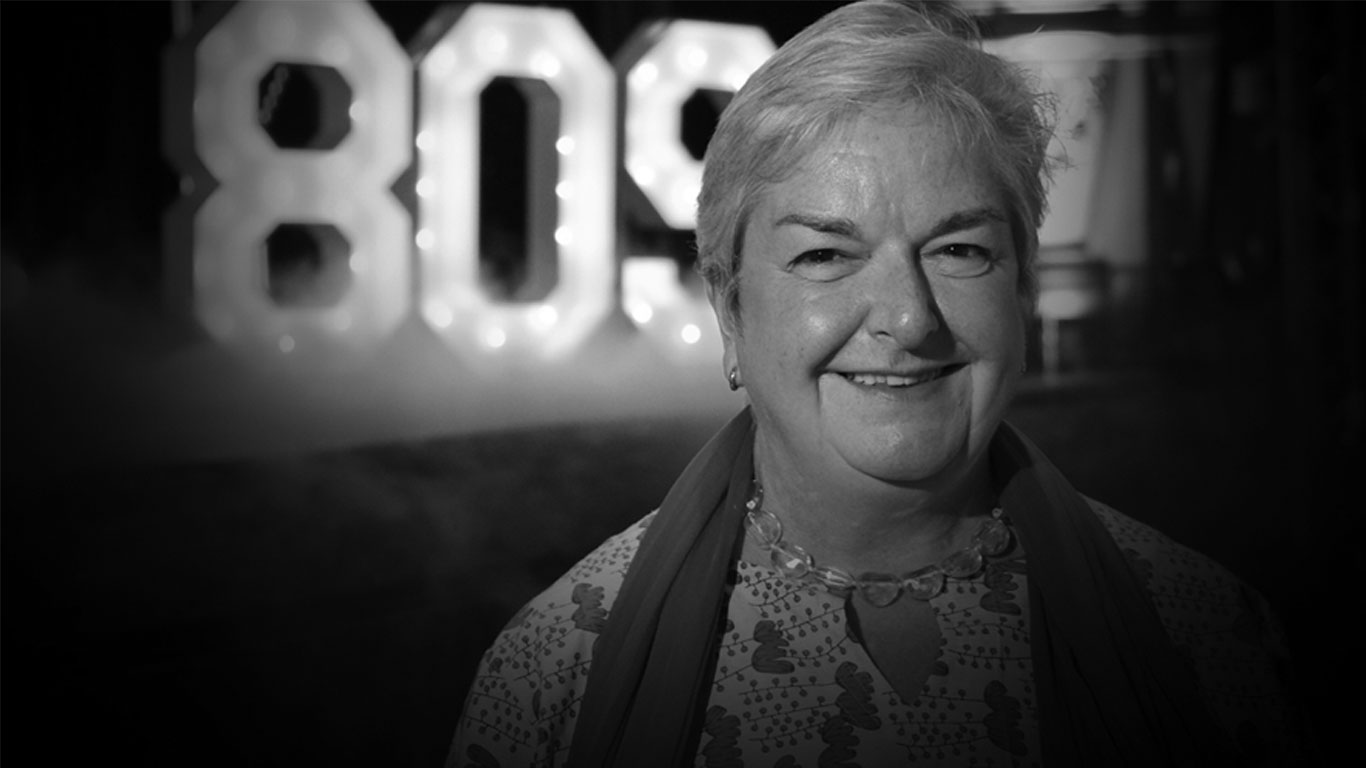
International Women’s Day 2021
10 min read
Share
International Women’s Day (#IWD2021) is celebrated every 8 March worldwide.
Focused on celebrating women’s cultural, economic, social, and political achievements, International Women’s Day raises awareness against gender bias across the world and encourages you to take action for equality. This years campaign theme is #ChooseToChallenge.
A challenged world is an alert world. Individually, we’re all responsible for our own thoughts and actions – all day, every day.
International Women’s Day Website 2021.
We can all choose to challenge and call out gender bias and inequality. We can all choose to seek out and celebrate women’s achievements.
Collectively, we can all help create an inclusive world. From challenge comes change, so let’s all choose to challenge today.
Even though the 8th of March is one day, the effect of International Women’s Day is infinite. At the Grand, we’re always celebrating the achievements of women who helped shape the industry.
From the first female playwright to the longest-running play on the West End based on a woman’s novel, we celebrate the women who paved the way for modern novelists, playwrights, and actresses.
The story of women’s struggle for equality belongs to no single feminist nor to any one organization but to the collective efforts of all who care about human rights.
Gloria Steinem, feminist, activist, and journalist.
Hand’s up high, to show you’re in
We wanted to highlight some of the amazing women who work with or at our theatre and asked them what international women’s day means to them.
You can get involved too by raising your hand high to show you’re in and that you commit to choose to challenge and call out inequality. Strike the Choose To Challenge pose and share on social media using #ChooseToChallenge #IWD2021 to encourage further people to commit to helping forge an inclusive world.
View this post on Instagram
A Timeline of International Women’s Day
It’s evident that international women’s day is an incredible notion. We wanted to explore the history behind it which have paved the path and made an incredible impact on women today.
New York City, 1908, 15,000 women marched for better pay, shorter hours, and voting rights. This was the year that sparked the critical debate and unrest between women, leading to more activity in campaigning against inequality and oppression.
The first National Women’s Day on record can be traced back to 28th February 1909 in New York. At the suggestion of Theresa Malkiel, an activist, the event was organised by the Socialist Party of America.
A year later in August 1910, preceding the Socialist Second International’s general meeting in Denmark, the International Socialist Women’s Conference was organised. The formation of an annual Women’s Day was proposed by German Socialist Luise Zietz. Clara Zetkin, a fellow Socialist later turned Communist leader, and Socialist activist Käte Duncker, supported this proposition. No specific date, however, was set at the conference.
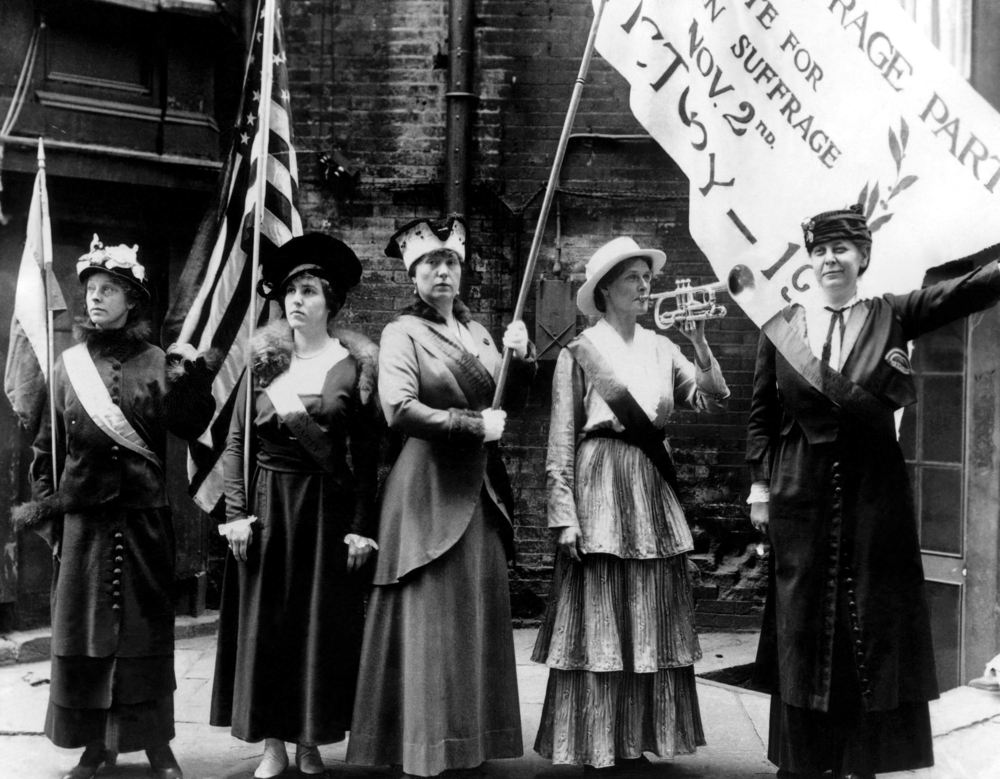
Suffragettes in San Francisco, 1915.
Present at the conference in Denmark were women and delegates from 17 different countries, who all agreed with forming a Women’s Day to promote suffrage for women and equal rights. International Women’s Day was born and it was celebrated on 19th March 1911 for the first time; with more than a million supporters from Germany, Austria, Switzerland, and Denmark.
Purple is the international colour used to symbolise women. It represents dignity and justice, and it represents the colour of the future. Purple was used by the Women’s Social and Political Union and the Women’s Liberation movement – what better colour to represent women’s fight for equality?
Today, International Women’s Day is a collective effort marked by worldwide events and initiatives. From festivals, concerts, fun runs, conferences, and much more, all are welcome to join in and celebrate this day. Gender parity is supported by dozens of progressive companies doing their part to actively support women and their advancement.
Women in Theatre: A 2,000-Year Wait
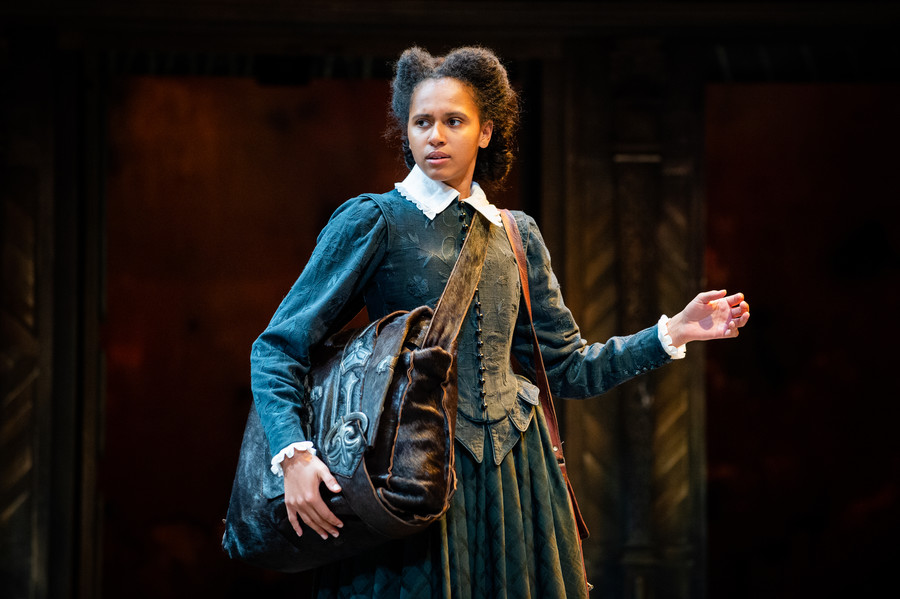
Taming of the Shrew
Theatre as we know it dates back to around 532 BC in ancient Greece and ancient Rome. With women in these societies being considered inferior to men, their many restrictions also extended to the theatre.
Women’s participation was seen as ‘dangerous’. Men played all roles, both male and female, as it was thought that men portraying female characters neutralised the danger women posed.
It wasn’t until almost 1,500 years later that we start to see references of women’s participation in theatre. And over 2,000 years for women to enter the theatre as actresses. But when women did arrive, they arrived in (very talented) style:
Hrothsvitha of Gandersheim. This 10th-century nun tends to be credited as the first female playwright in all of history. But that’s not all! She’s also seen by many as the first person in the Latin West to ever compose drama, writing a variety of plays with female characters that were noble and strong in personality.
Women in Opera. Women took to the stage when opera arrived around the 16th-17th centuries. Some opera productions even specifically called for women to be in starring roles. The Christian church, however, viewed women on stage as impure and improper. Men with high-pitched voices, the castrati, were often chosen.
Aphra Behn. Hrothsvitha may have been the first female playwright in history, but Aphra was the first female playwright working professionally. She broke cultural barriers by earning her living through writing, becoming a literary role model for many generations of female authors. Her grave, however, isn’t in the Poets’ Corner of Westminster Abbey, which is located in the South Transept.
You can find her resting place at the Abbey in the East Cloister and not alongside fellow poets, writers, and playwrights who have been memorialised in recognition of their great contribution to British culture.
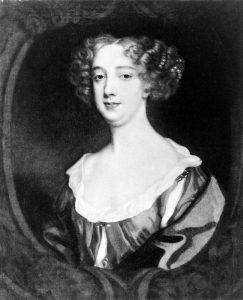
Aphra Behn (1640-1689)
All women together ought to let flowers fall upon the tomb of Aphra Behn which is, most scandalously but rather appropriately, in Westminster Abbey, for it was she who earned them the right to speak their minds.
— Virginia Woolf’s A Room of One’s Own
First In-Depth Female Characters. Shakespeare created some of the first female characters to have the same attributes that male characters had. You can see this in Lady Macbeth, Rosalind, Cordelia, and more.
Actresses Take the Stage. But not without harassment, berating, and public ridicule. In 1660, the Restoration movement had the King’s support in allowing women in major performances.
Susanna Centlivre. After Aphra, she’s the most well-known female dramatist with 19 plays written throughout her career. Although she was very popular in her time, she seems to have been forgotten by history.
Charlotte Charke. Managed the Little Theatre in Haymarket after Henry Fielding.
Lady Henrietta Maria Davenant. Managed the Duke’s Company after her husband, the playwright Sir William Davenant. The Dorset Garden Theatre was the most successful company in London under her management. She also mentored actors and actresses, even allowing young actresses to stay with her when they couldn’t find affordable housing.
Broadway and a Women’s Activity. The late 19th century and early 20th century saw a curious change. Women found fame in Broadway and theatre-going started to be seen as a woman’s activity. Gender discrimination, however, remained oppressive.
Holes
Plays That Helped to Shape Women’s Place in the Theatre
Experience pivotal plays at the Grand throughout the year. These are plays that showcase women’s talent and the integral role of women in modern society. It’s one thing hearing about the powerful impact that women had in the theatre, but nothing quite rivals experiencing this firsthand.
Dame Agatha Christie is well-known for her crime novels and we likely wouldn’t be able to experience her brilliant writing without women like Aphra Behn. She’s the best-selling novelist of all time – and this includes both male and female writers! It’s not surprising that her novel The Mousetrap has a theatre adaptation – or that it became and still is the longest-running stage production in the world, with more than 27,500 performances. It’s been in the West End for the past 60 years, which is quite an achievement that still hasn’t been beaten.
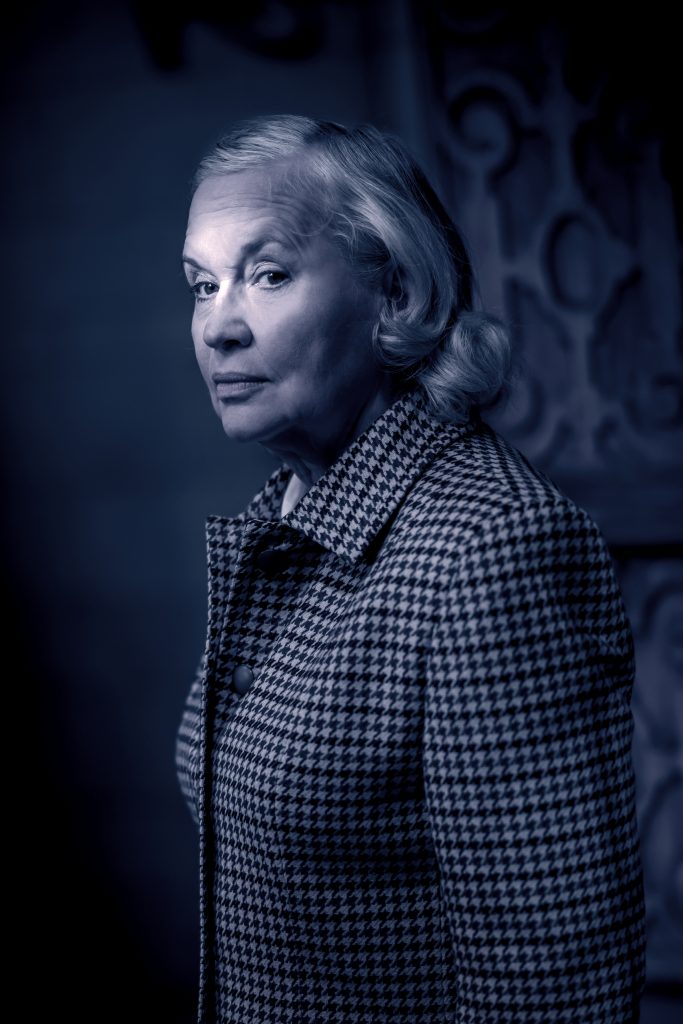
And perhaps the greatest fact about this play? It was written by a woman, for another woman. Christie wrote The Mousetrap for Queen Mary’s 80th birthday. This phenomenal achievement will forever be a timeless page in the book of women’s contributions throughout history.
A Murder is Announced is another amazing play based on one of Christie’s novels. It features Miss Marple, who is one of the most popular female detectives.
Agatha Christie’s, Miss Marple
You might recognise the name Susan Hill, author of The Woman in Black. Her novel helped shape horror in theatre like never before. Unlike watching a frightening film on TV at home, the play makes use of the entire theatre space. The audience themselves feel as if they are in the play, not just watching it.
Susan Hill’s novel opened the way to this new and exciting if terrifying, way of watching a play. Characters appear from the back of the auditorium to make the audience feel unsettled and like at any moment something can creep up behind them. The lack of music, sound effects, dry ice setting a mysteriously foggy environment. And who can forget about the actual woman in black? Her short appearance on stage is sure to frighten even the bravest.
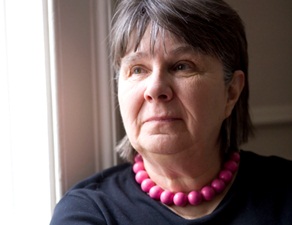
Susan Hill (source: susanhill.org.uk)
Theatre & Charitable Women
Did you know that Dolly Parton is one of the most honoured female country performers ever? And we’re not just talking about her award-winning music. She’s a well-known philanthropist who supports a wide variety of charitable efforts such as wildlife preservation.
Her Dollywood Foundation provides a book a month to enrolled children from birth until kindergarten, which also provides jobs to a previously struggling region.
Dolly Parton; Islands in the Stream
She’s also raised millions of dollars for victims of fires, for the American Red Cross, for a hospital and cancer centre, for HIV/AIDS-related charitable organisations, and more.
Experience Dolly Parton’s personality and glamour that make her the beloved public figure we know. Dolly Parton; Islands in the Stream is the celebration of a country singer but, above all, of a phenomenal woman who has touched many lives through music and charitable works.
RSC Reversing Gender Roles
If you fancy watching something a bit different, RSC’s Taming of the Shrew reverses gender roles from the original story. Instead of the play focusing on Katherine and the search to find her husband, a man plays Katherine and a woman plays the confident love interest who’s trying to win a bet to marry Katherine.
The play also shifts the power dynamics of the 1590s. Women weren’t meant to look people in the eye during Elizabethan England but the play reverses this. Actresses look people directly in the eyes while actors don’t and, similarly, the actresses take the men’s hand in greeting and kiss them. The costumes themselves are a representation of female power, with women having dominating costumes that are imposing, expensive, and beautiful while the men have more subtle and delicate costumes.
But this reimagined 16th century matriarchal England isn’t RSC’s first stab at gender reversal plays. They’ve been adapting plays with traditional male roles and casting women to play them, as Shakespeare’s plays have often left women feeling excluded due to the lack of female roles.
Agamemnon, Mercutio, and Timon amongst others have been portrayed by women. To Deputy Artistic Director at the RSC, Erica Whyman, casting women in traditionally male roles is more than just balancing women’s representation on stage and not alienating them from watching plays.
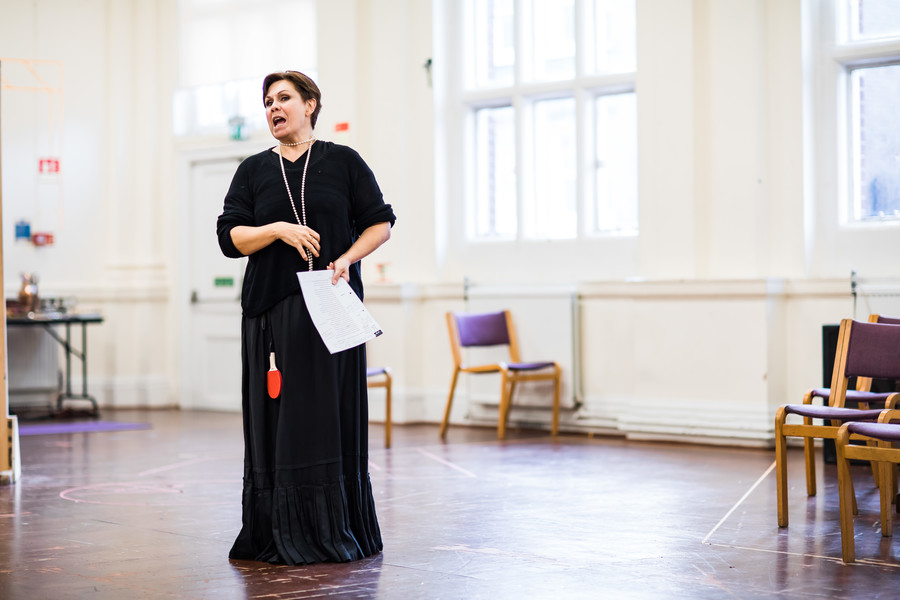
The RSC, Taming of the Shrew rehearsals
Knowing the play and its message gives it a different approach; hearing certain messages from women is bound to have a different effect and allow for a more impactful play. Reversing gender roles in Shakespeare highlights how the playwright was focused on universal and humane matters, not simply gender-specific issues.
If there’s something history has taught women, it’s that work is never finished. Women can’t rest on their laurels and past achievements in theatre, and in all other areas of society. And International Women’s Day is about reminding the entire world how far women have come.
The day is, perhaps, especially important to remind women of the pioneers who forged the way and how it’s an everyday battle. But it’s also to celebrate women and their accomplishments by keeping women’s issues a current topic and by providing information on what’s been achieved so far.
The Grand joins the world in its celebration with shows you can watch with the entire family.


